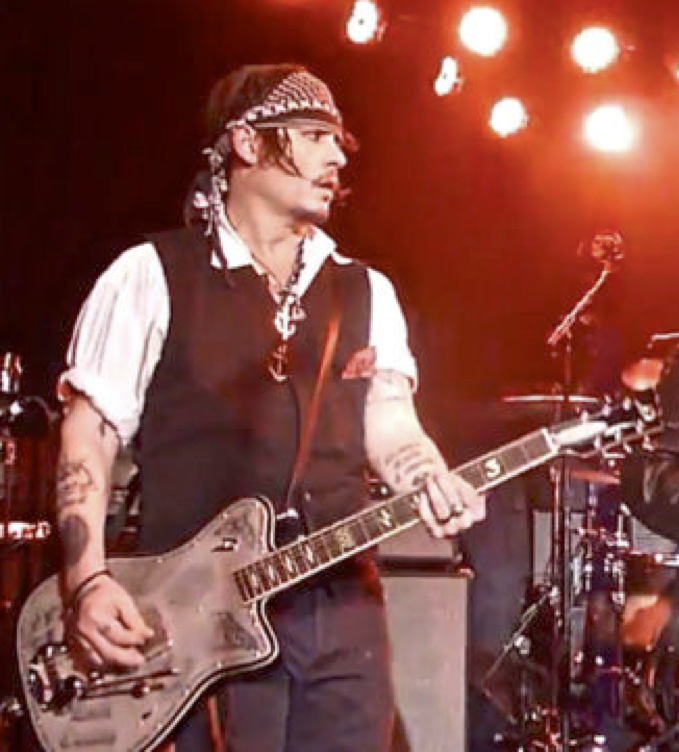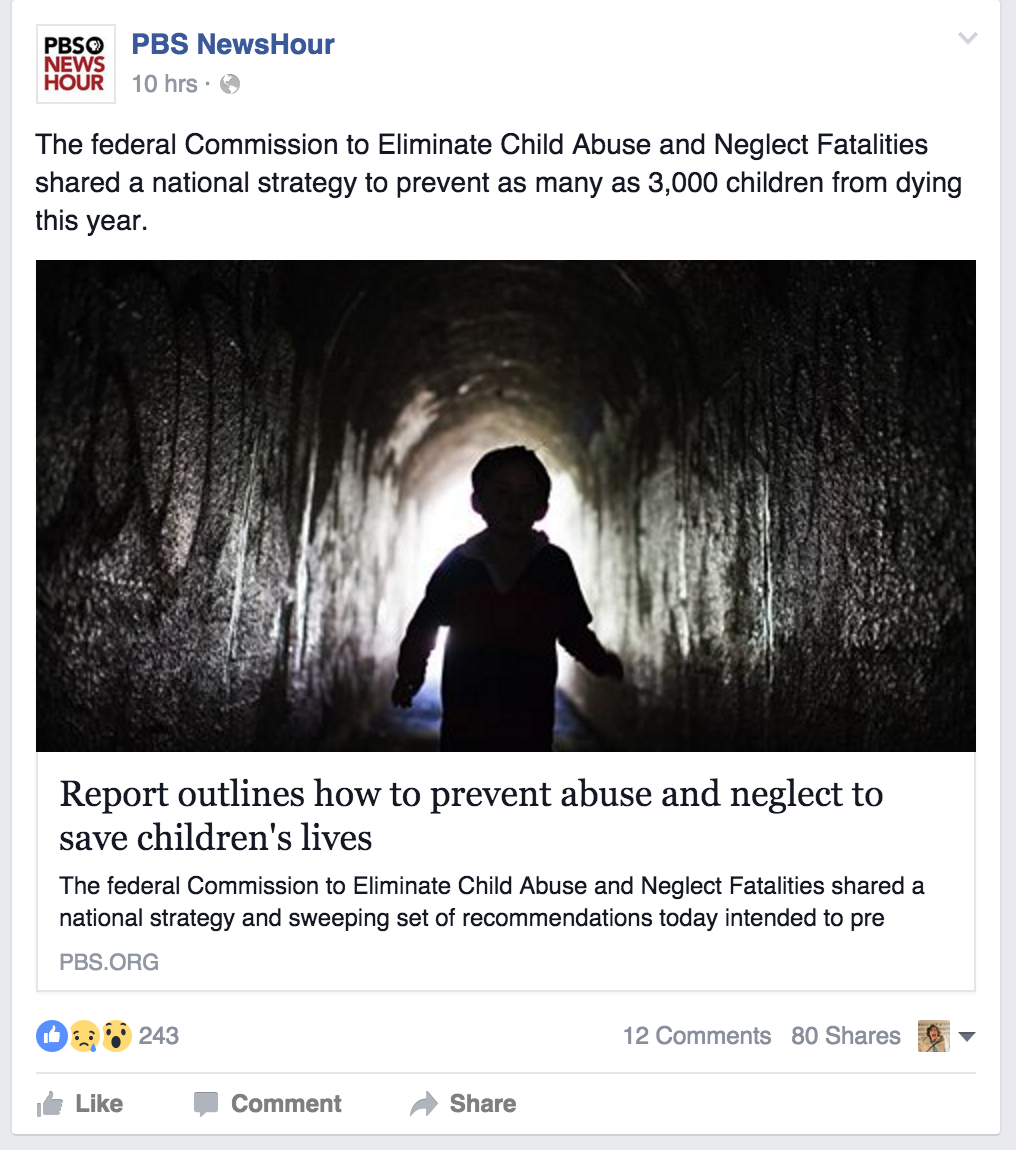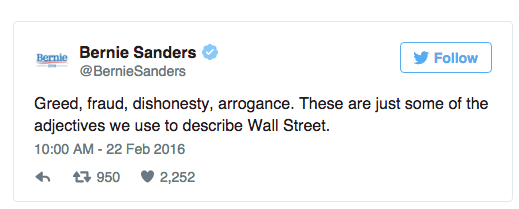Archive for Syntax
June 26, 2016 @ 6:51 am· Filed by Mark Liberman under Syntax, Usage, Variation
Or, we could ask, is Brexit like Passchendaele or like The Somme?
I mean, of course, whether the noun Brexit should normally be used with a definite article ("Are you for or against the Brexit?") or without ("Are you for or against Brexit?").
We need to ignore all the constructions in which Brexit is a modifier of another noun: the Brexit vote, the Brexit campaigners, the Brexit turmoil, etc. But when Brexit is the head of a noun phrase, I've been assuming that it's a strong proper name that should be anarthrous, like Christmas or Passchendaele or Language Log.
Read the rest of this entry »
Permalink
June 14, 2016 @ 9:58 am· Filed by Geoffrey K. Pullum under Ignorance of linguistics, Language and the media, Prescriptivist poppycock, Psycholinguistics, Style and register, Syntax, Usage advice
Mark Liberman's discussion of an absurd modifier placement rule in the Associated Press Style Book reminded me of an ancient and not particularly funny joke that, the way I first heard it, is based on an offensive stereotype of gay men. I was going to explain on the Chronicle of Higher Education's language blog Lingua Franca a couple of months ago, but to my surprise I was forbidden to do so. The Chronicle lives in abject terror of offending gays or blacks or women or Asians or prudes or any other identifiable section of its readership that might take offense at something (and they may be right to be afraid: this week I was accused of ageism by a commenter for using the phrase "between 60 and 70 years old" as part of a description of an imaginary person). I'll tell you here on Language Log what I was going to say, and you can decide.
Read the rest of this entry »
Permalink
May 31, 2016 @ 11:29 am· Filed by Geoffrey K. Pullum under Errors, Language and the media, Style and register, Swear words, Syntax, Taboo vocabulary

Comedian Doug Stanhope is unable to sleep at night over the way his friend Johnny Depp is being pilloried as a wife-abuser by Amber Heard (she says he hit her in the face with a cell phone); so he did the obvious thing any friend would do: he submitted an expletive-laced article about his angst over the situation to The Wrap. (It has 9 shits, 7 fucks, and one asshole, all cloaked in partial dashification by The Wr––'s cautious c–nsors.) But this is Language Log, not Celebrity Embarrassment Log, and my topic here is syntax. Stanhope and his girlfriend Bingo "have watched Amber Heard f––– with him at his weakest — or watched him at his weakest from being f–––ed with," and he now believes it is time to "tell the f–––ng truth" about his friend:
Bingo and I were at Johnny's house for most of that Saturday until just before the alleged assault. We assumed initially that his dour mood was because of his mother's death the day before. But he opened up in the most vulnerable of ways that it was not only his mother, but that Amber was now going to leave him, threatening to lie about him publicly in any and every possible duplicitous way if he didn't agree to her terms. Blackmail is what I would imagine other people might put it, including the manner in which he is now being vilified.
Read the rest of this entry »
Permalink
May 30, 2016 @ 9:42 pm· Filed by Ben Zimmer under Language and sports, Syntax, Transcription
In advance of tonight's Game 7 in the NBA Western Conference finals between the Golden State Warriors and the Oklahoma City Thunder, the New York Times recalls a similar Game 7 faced by the Chicago Bulls in 1998:
That spring, the top-seeded Bulls were taken to a seventh game by the Indiana Pacers in the Eastern Conference finals. Between Games 6 and 7, the Bulls’ coach, Phil Jackson, huddled with his players and told them not to fear failing.
“The fear is not losing,” Jackson told them. “The fear is not producing the effort needed.”
Phil Jackson is notoriously enigmatic (they don't call him the Zen master for nothing), but this pronouncement is particularly tough to unpack.
Read the rest of this entry »
Permalink
April 20, 2016 @ 6:31 am· Filed by Mark Liberman under Syntax, Variation
Josh Marshall, "Prep for the Overshoot", TPM 4/19/2016 (emphasis added):
[P]eople had convinced themselves last week that Trump was basically done – largely on the basis of a few bad news cycles and a big loss in Wisconsin. As long as he didn't get to 1237, he was toast. But Wisconsin was obviously an outlier. Now though things look very different. And they are different. But part of that is that Trump was never in as bad of shape as people thought ten days ago.
Read the rest of this entry »
Permalink
April 9, 2016 @ 3:03 pm· Filed by Victor Mair under Language change, Semantics, Syntax
The following photographs come from an article on citizen protests in Lanzhou and Beijing openly demanding governmental transparency on public officials' personal assets (I am no longer able to access the article online).
Read the rest of this entry »
Permalink
March 17, 2016 @ 7:58 pm· Filed by Mark Liberman under Syntax
I trust that everyone will support the work of the federal Commission to Eliminate Child Abuse and Neglect Fatalities, once they figure that neglect is not a verb with fatalities as its object:

[h/t Karen Rothkin]
Permalink
March 14, 2016 @ 11:15 am· Filed by Mark Liberman under Syntax
Permalink
March 4, 2016 @ 11:01 am· Filed by Ben Zimmer under Language and politics, Misnegation, negation, Semantics
After last night's doozy of a Republican debate, Meghan McCain tweeted the following this morning:
McCain's dim view of the current crop of presidential candidates doesn't support the notion that they are "utterly destroying" negative stereotypes about Republicans, as several people pointed out. Quite the opposite, in fact.
Read the rest of this entry »
Permalink
February 26, 2016 @ 5:56 pm· Filed by Mark Liberman under Syntax
D.M. writes:
A discussion on copyediting-l turns on whether one or more of the following are grammatical English sentences.
"That smile scares me," she said and swallowed hard.
"That smile scares me," she said and backed away.
"Anything for you, man," the captain said and extended his hand.
I'm in a minority that says they are not or that at best they are unintended examples of zeugma. What says Language Log?
Read the rest of this entry »
Permalink
February 22, 2016 @ 3:29 pm· Filed by Ben Zimmer under Language and politics, Syntax
The Bernie Sanders campaign sent out a tweet at 10 a.m., reading: "Greed, fraud, dishonesty, arrogance. These are just some of the adjectives we use to describe Wall Street." That got the attention of Jezebel blogger Joanna Rothkopf, who posted it under the headline, "These Are All Nouns, Bernie." Shortly thereafter, the tweet was deleted, but I was able to grab a screenshot in time.

Read the rest of this entry »
Permalink
February 19, 2016 @ 5:39 am· Filed by Ben Zimmer under Language and politics, Syntax, WTF
After Pope Francis suggested that Donald Trump's plan to build a wall on the U.S.-Mexican border makes him not-so-Christian, Trump fired back with a written statement that begins with a remarkable pile-up of conditionals:
If and when the Vatican is attacked by ISIS, which as everyone knows is ISIS's ultimate trophy, I can promise you that the Pope would have only wished and prayed that Donald Trump would have been President because this would not have happened. ISIS would have been eradicated unlike what is happening now with our all talk, no action politicians.
All of those would haves! On Twitter, @vykromond asks if Language Loggers have any insights into "the possibly unprecedented 'quadruple conditional' of the first sentence." Here's my tentative analysis.
Read the rest of this entry »
Permalink
February 16, 2016 @ 12:44 am· Filed by Ben Zimmer under Intelligibility, Language and sports, Language and the media, Syntax
A screenshot from ESPN's home page has been making the rounds on Imgur and Reddit. It captures a tease to a column by Howard Bryant, and it's dubbed "Possibly the worst sentence ever."
View post on imgur.com
Read the rest of this entry »
Permalink


